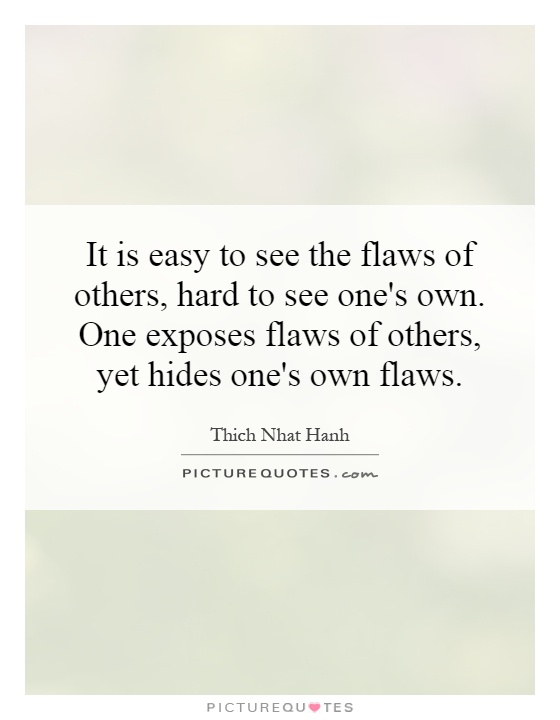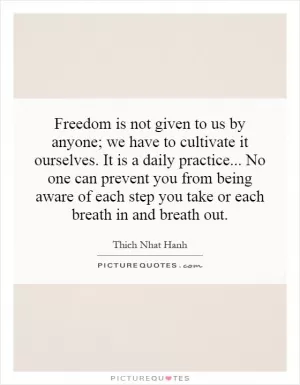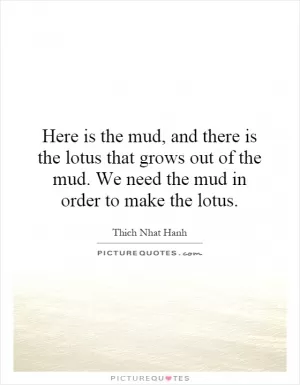It is easy to see the flaws of others, hard to see one's own. One exposes flaws of others, yet hides one's own flaws

It is easy to see the flaws of others, hard to see one's own. One exposes flaws of others, yet hides one's own flaws
Thich Nhat Hanh, a renowned Vietnamese Buddhist monk and peace activist, often speaks about the importance of self-awareness and mindfulness in our daily lives. One of the key teachings of Thich Nhat Hanh is the idea that it is easy to see the flaws of others, but hard to see our own. He emphasizes the importance of looking inward and being honest with ourselves about our own shortcomings and imperfections.In his teachings, Thich Nhat Hanh often talks about the concept of interbeing, which is the idea that we are all interconnected and interdependent. When we judge others and point out their flaws, we are actually reflecting our own insecurities and shortcomings. By focusing on the flaws of others, we are deflecting attention away from our own flaws and avoiding the difficult work of self-reflection and self-improvement.
Thich Nhat Hanh teaches that true happiness and inner peace can only be achieved through self-awareness and self-acceptance. When we are able to acknowledge our own flaws and imperfections with compassion and understanding, we can begin to cultivate a sense of inner peace and contentment. By being honest with ourselves about our own flaws, we can also develop greater empathy and compassion for others, recognizing that we are all struggling and imperfect beings.
Thich Nhat Hanh often uses the metaphor of the lotus flower to illustrate the idea of self-awareness and transformation. The lotus flower grows out of the mud and muck at the bottom of a pond, but it blooms into a beautiful and radiant flower. In the same way, when we are able to acknowledge and accept our own flaws and imperfections, we can transform and grow into our best selves.












 Friendship Quotes
Friendship Quotes Love Quotes
Love Quotes Life Quotes
Life Quotes Funny Quotes
Funny Quotes Motivational Quotes
Motivational Quotes Inspirational Quotes
Inspirational Quotes